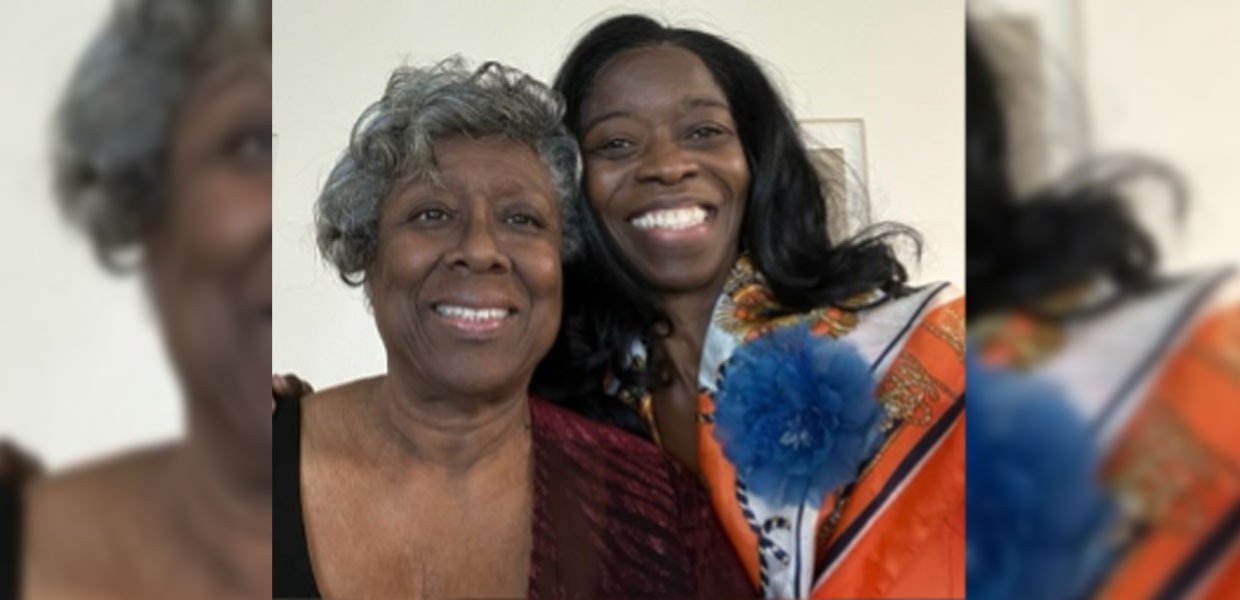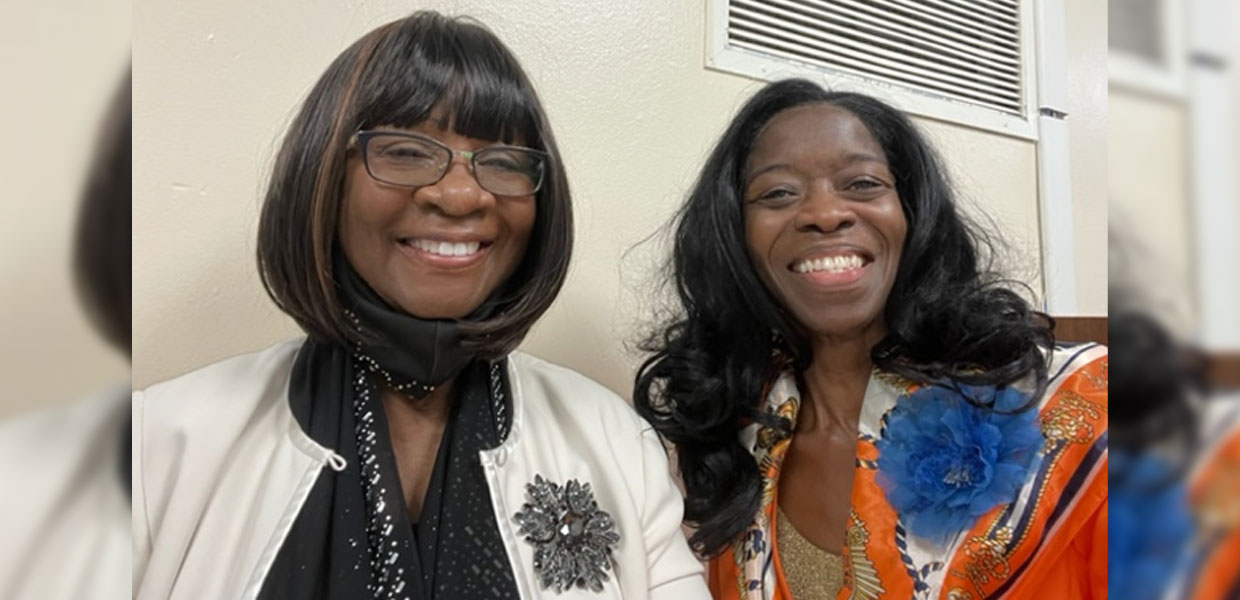

Inclusion of people with disabilities in church services and community activities is necessary. People with and without disabilities are needed to participate in ministry to carry forth the Gospel of Jesus Christ. Although we may know someone with a disability, learning how to provide access and accommodations to help get people involved in ministry is essential. For this reason, Jennifer Sankey-Battles, Ph.D., director of disabilities ministries for the Southeastern Conference, and Melinda Wilson, an advocate for disabilities ministries, planned a four-hour disability inclusion training to raise awareness on how to remove barriers, and get people with disabilities participating in the worship services, which aligns with Southeastern’s mission of sharing hope and restoring wholeness.
The training was a collaboration between leaders at the local church, conference, Southern Union, and the North American Division. Ola Bookhardt, longstanding disability leader of the host church, opened the training with a warm welcome and prayer, followed by a dynamic presentation by Charlotte LV Thoms, Ed.D., coordinator of disabilities ministries for the North American Division. Thoms focused on Jesus’ commission to His followers to be fruitful and facilitate access and accommodations for people seeking to know Christ. Her review of the seven major disability groups — cognitive, hearing, hidden, mobility, psychiatric, speech, and visual — were eye-opening, showing the importance of being aware and responsive to the access and accommodation needs for individuals in each disability group.
The Disability Inclusion Training Workshop was informative, interactive, and inspiring, with the goal of participants taking what they learned and implementing inclusion practices in their respective churches and communities. Individuals with and without disabilities and leaders from different churches and the community attended the training workshop held at Mount Sinai Church in Orlando, Fla., shepherded by Derrick Moffett, Th.D., Mount Sinai senior pastor, and Alexis Madrid, associate pastor.
A highlight of the program included individuals with disabilities leading out, which showed the feasibility and importance of giving others like them the opportunity to participate in ministry. Other high points were the heartwarming testimonies, inspirational songs, interactive activities, fitness fun, and an onsite field trip throughout the church building to identify ways to enhance access and accommodation for people with disabilities.
Examples of access and accommodations include an adequate number of designated parking spaces for individuals with a disability, use of closed caption for video presentation, ramps to the pulpit and choir stands, handrails, a push plate door opener, lowered paper towel dispensers in the bathroom, and the use of a sign language interpreter when possible. These accommodations help individuals function better and have an unencumbered worship experience.
Teaching individuals the soul-saving value of giving everyone the same opportunity to participate in ministry benefits both the church and the community. Every church should have a disability team that advocates and removes barriers to facilitate the involvement of people with disabilities in ministry. Church services can be enriched when people with disabilities are involved.
Participants of the workshop were encouraged to invite people interested in ministry to use their God-given gifts to help spread the Gospel of Christ’s soon return. To learn more about disability inclusion training, contact Sankey-Battles at 352-735-3142, x113.
Southeastern | February 2024



Comments are closed.